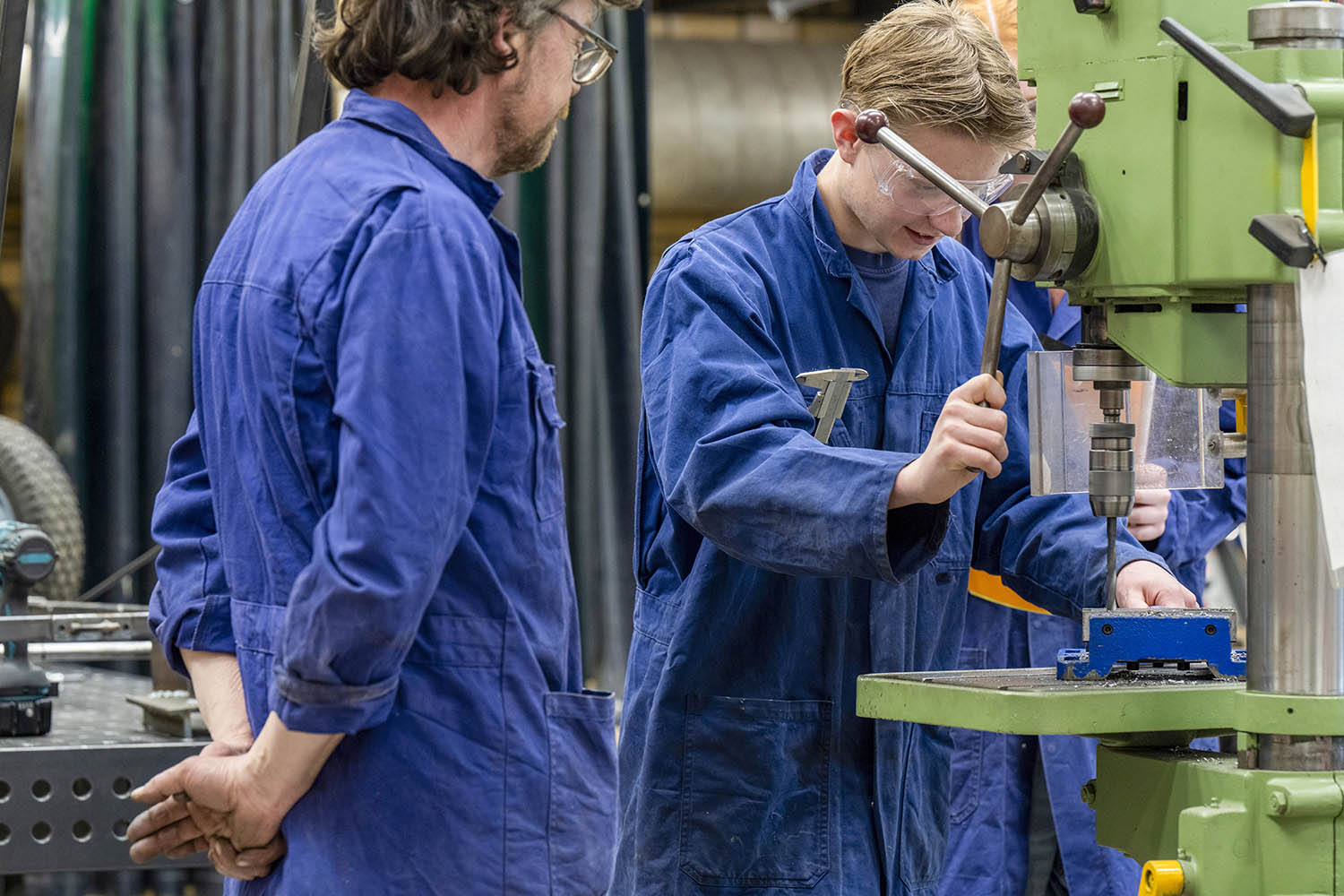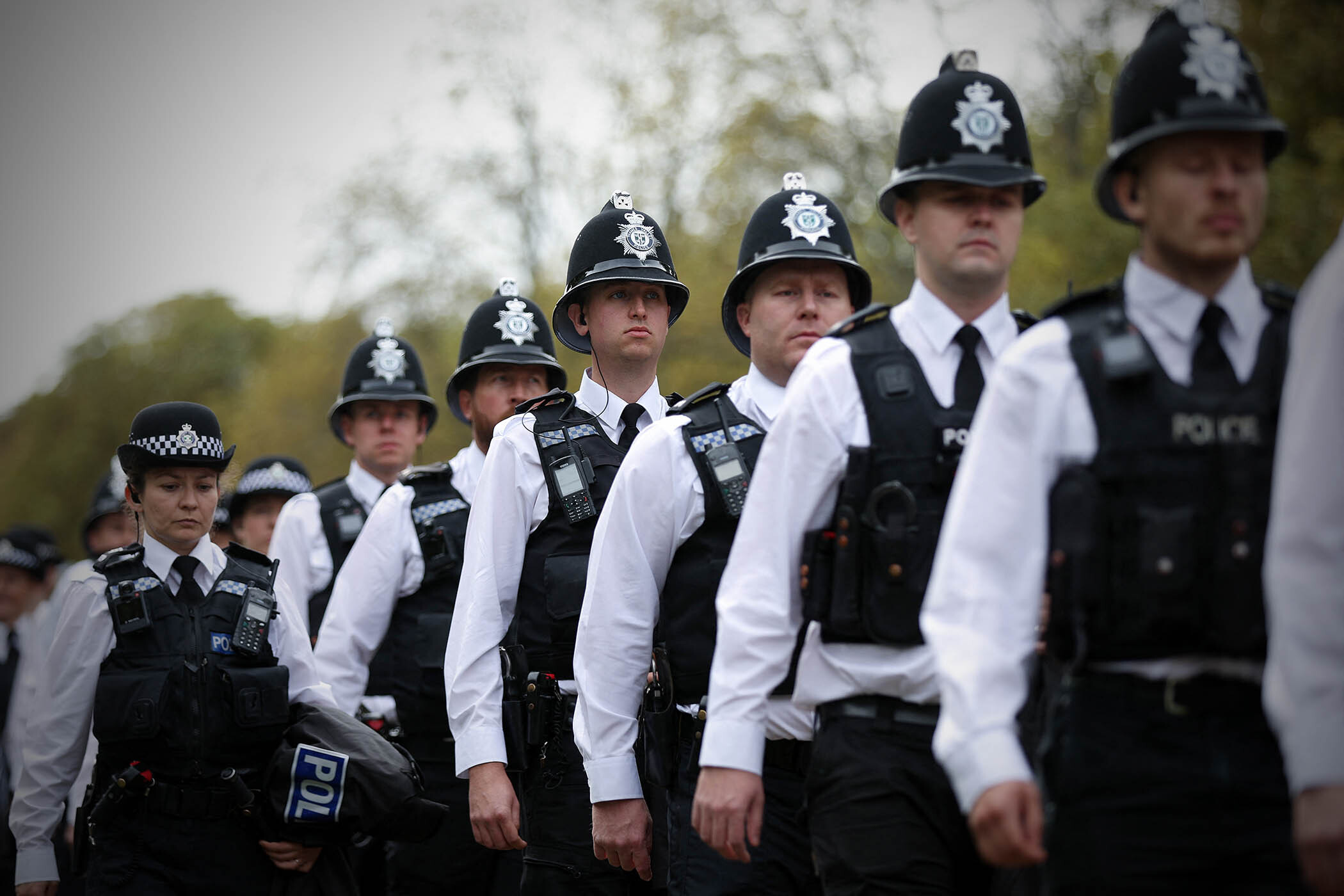There has never been a bigger mismatch between our education system and what young people need to thrive in the modern world.
The hoops we expect young people to jump through are from a bygone era and put the emphasis on narrow academic prowess, which is not the same as understanding. They are designed for only one goal: further academic study post-16 and beyond. Everything about the syllabus, exams and how schools are judged is geared to this outcome.
Assessing quality of teaching and upholding standards are critical, but how these are achieved determines the content of what we teach and how we teach it. A record number of young people are not in education, employment or training. A growing number of parents are dissatisfied with how schools prepare their children for life. The university system is under existential pressure. Employers complain about the lack of people coming into the workforce with the required skills and mindset.
Radical reform is needed of both the curriculum and the assessment system. The number of GCSEs should be cut. The curriculum should be broader. That means creating space for young people to have a wider set of experiences, including in the workplace. It’s not a choice between academic excellence or gaining useful skills for life after school. To bring subjects alive, they must be geared to the real world. We should make vocational qualifications truly vocational.
Each child should do the Extended Project Qualification, a recognised qualification equivalent to half an A-level, which allows young people to do their own research, show initiative, and produce an original piece of writing or artefact.
We need to reinvent citizenship so it becomes a place for media literacy, understanding the dangers of polarisation and discussing and debating the many moral questions and dilemmas young people face – including the benefits anddrawbacks of social media.
For English and maths we should move to tests based on mastery, rewarded for meeting a standard, like a driving test or a musical instrument exam. These could be taken when a pupil is ready, reducing the intensity and pressure of the “exam season”.
We must embrace existing good practice to link what happens in schools with what is needed in the workplace. And it’s time we moved away from young people leaving school simply with a set of numbers and letters. Each young person should compile a learner profile, a digital portrait of all their achievements in and out of school with examples of their best work, the skills and knowledge they have learnt, as well as endorsements from employers for work experience.
Related articles:
There is a broad coalition of parents, teachers and businesses for substantial change, reinforcing standards and quality, while broadening the curriculum and assessment to benefit both individuals and the economy. It’s the right path for the government to take.
Lord Blunkett served as secretary of state at the education, home, and work and pensions departments
Newsletters
Choose the newsletters you want to receive
View more
For information about how The Observer protects your data, read our Privacy Policy
Photograph by Pancake Pictures/Getty


